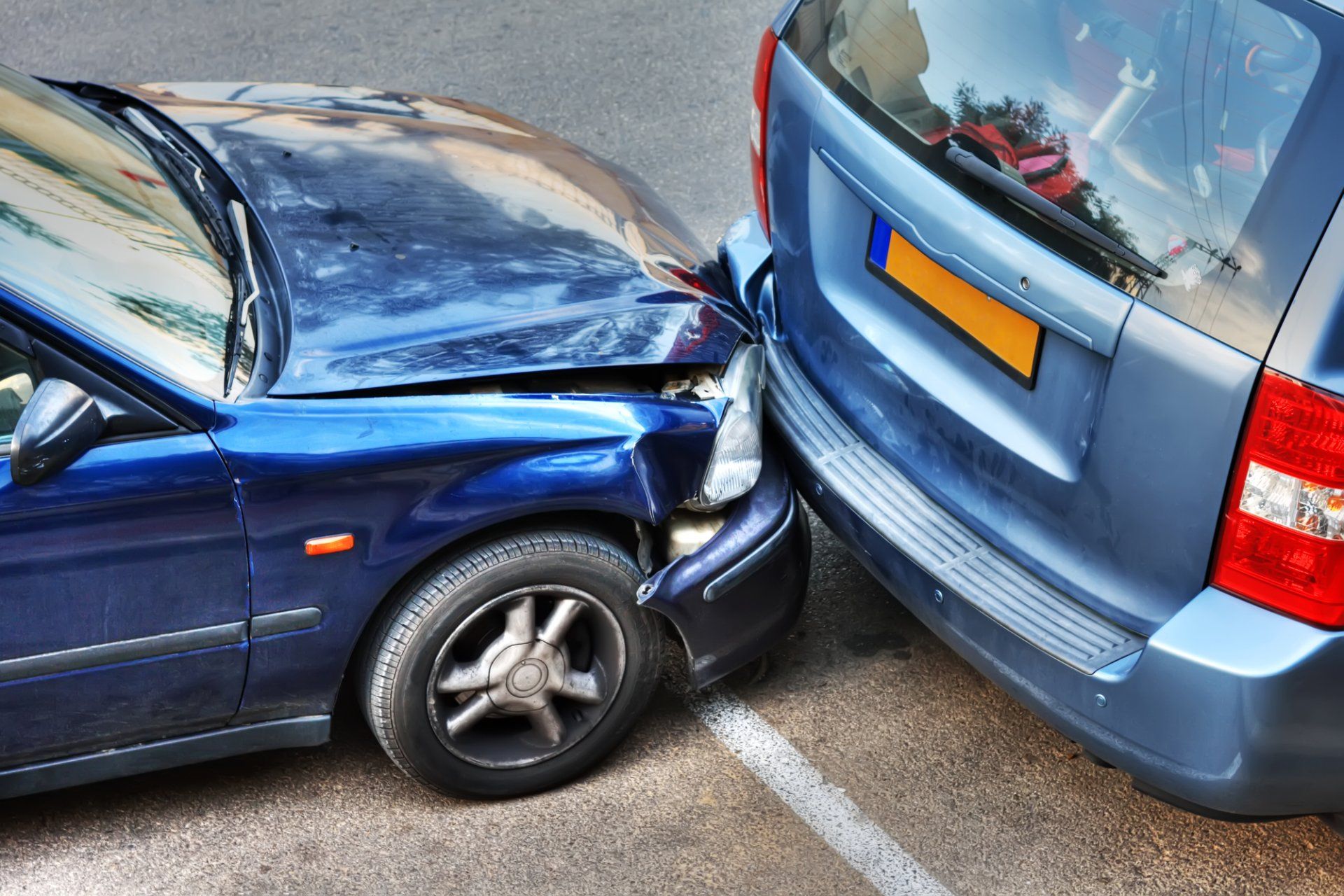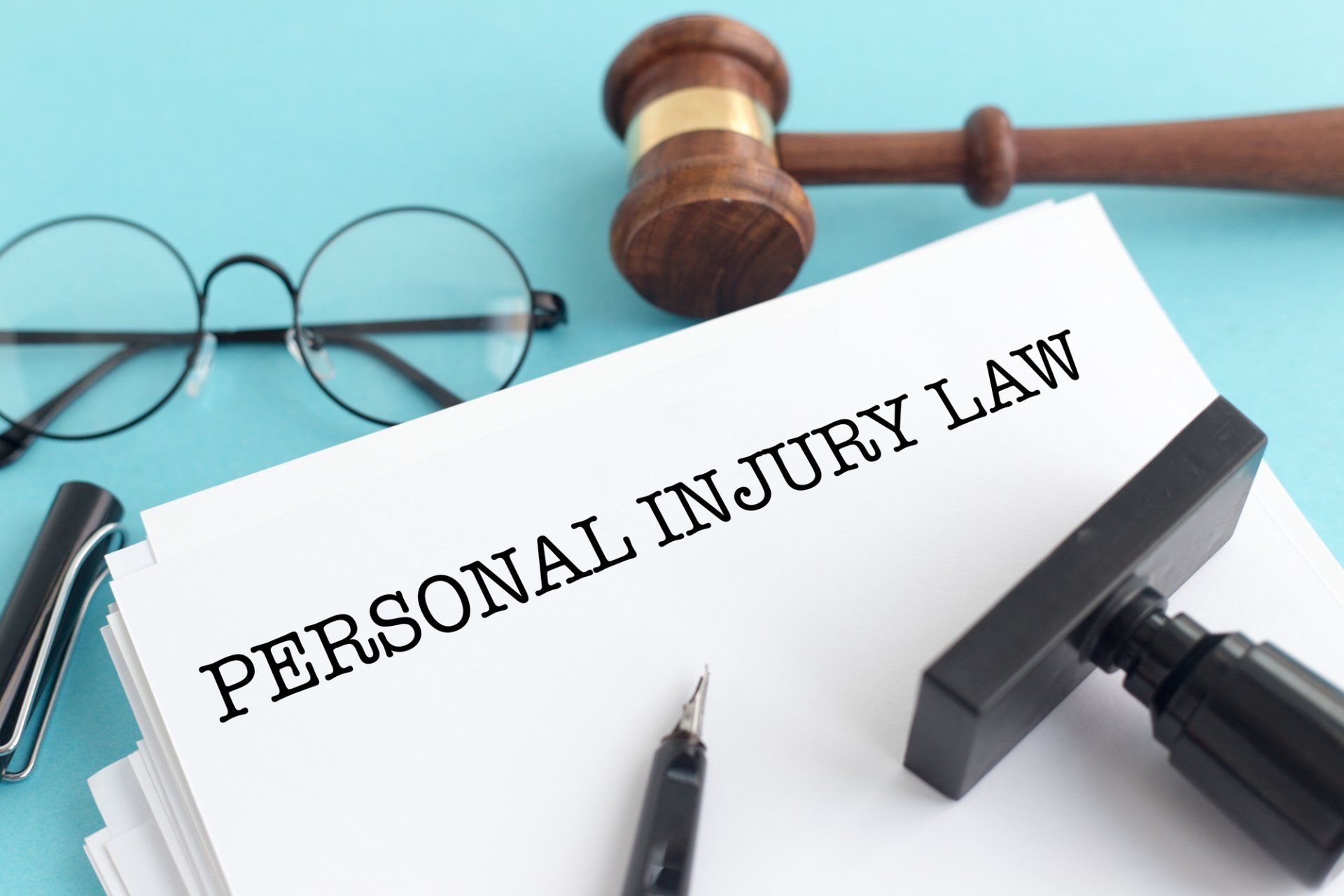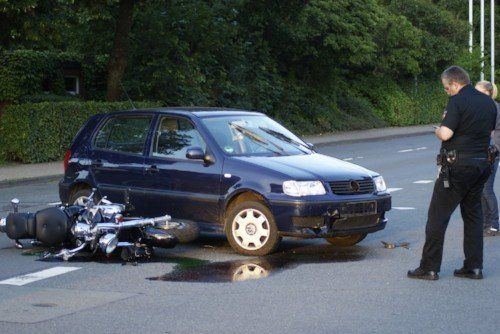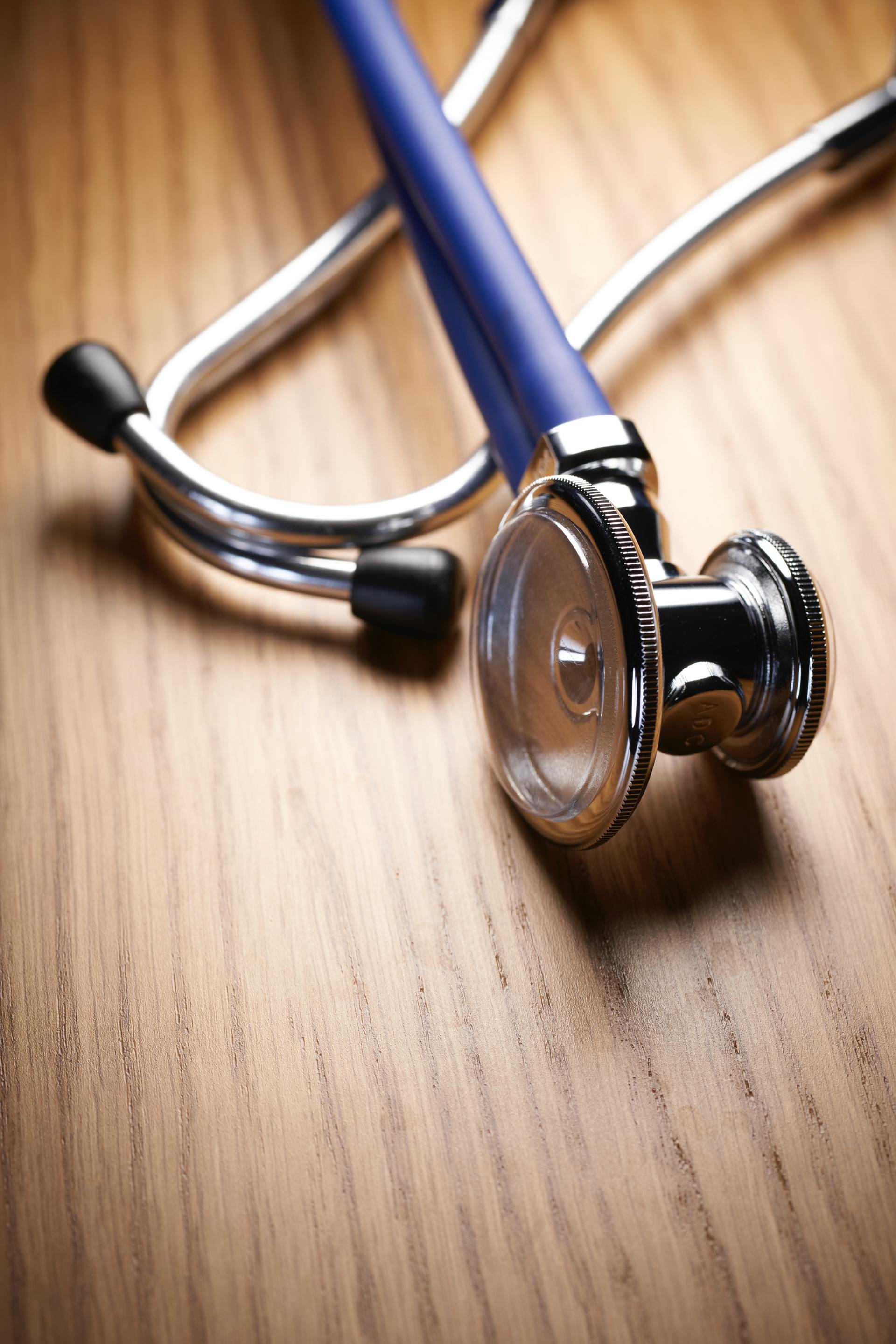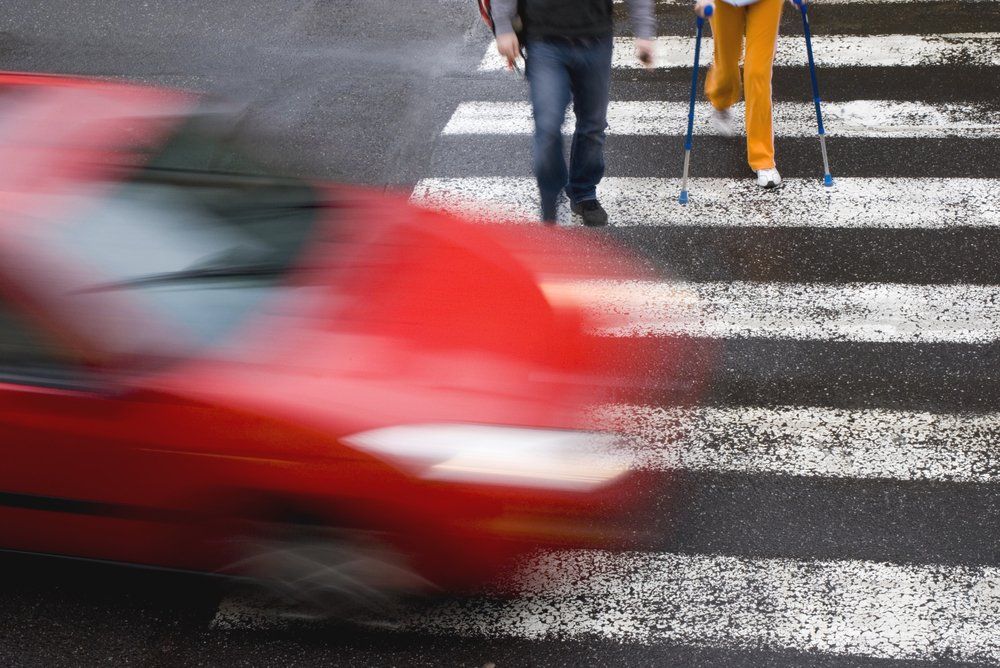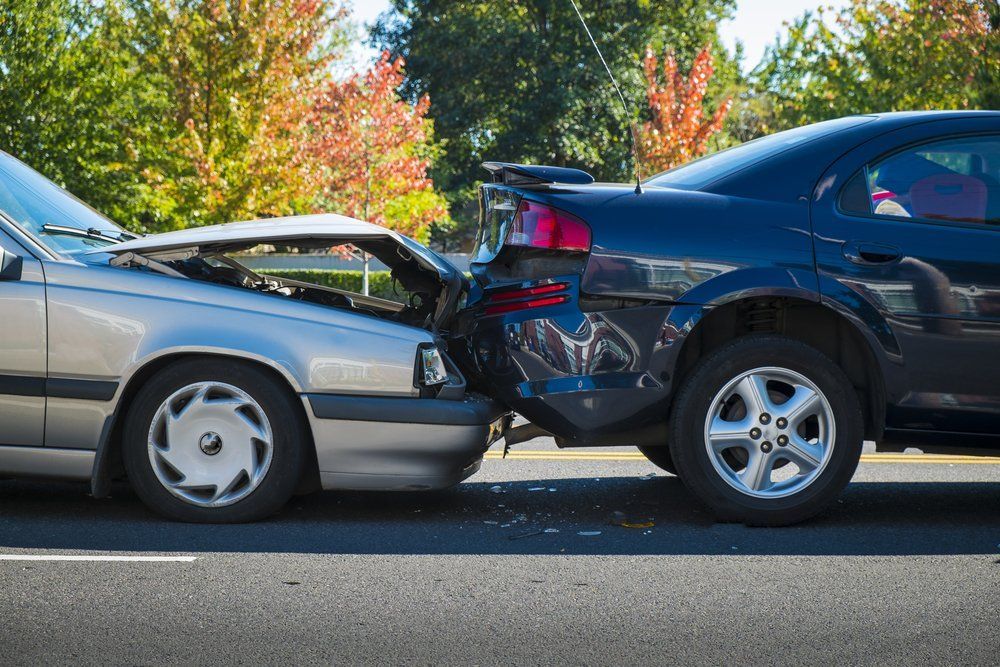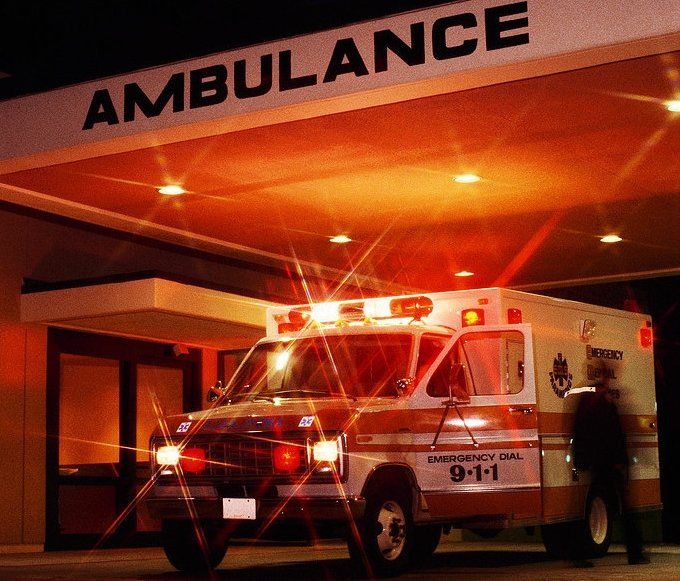By Salley Law Firm
•
24 Jun, 2019
Let’s face it, we’ve all thought about whipping around that slow moving tractor-trailer truck or wondered why we even need trucks when we have planes and trains. But according to the American Trucking Association, tractor-trailers move roughly 71% of the nation’s freight by weight. Further, the Department of Transportation (“DOT”) has reported that growth in online shopping is increasing the amount of truck traffic on the nation’s highways. DOT has projected that by 2040, freight volume in the U.S. will increase by 45 percent to 29 billion tons. So basically, without the trucking industry, we wouldn’t be able to have and enjoy the things that we use on a daily basis as shelves would be empty overnight causing panic everywhere. So, tractor-trailers are here to stay for the foreseeable future. As such, it is vitally important to understand more about these 10,000-80,000 pound beasts of machines that are carrying our goods and what you should do in the event that you or a loved one is in an accident with one. WHAT ARE THE MAIN CAUSES OF TRACTOR-TRAILER ACCIDENTS IN SOUTH CAROLINA? Truck drivers are required to comply with a number of state and federal safety regulations such as maintaining a professional commercial driver’s licenses, checking their load frequently to ensure the load is carefully balanced and of course, operating their vehicle so as to avoid injuring other drivers and pedestrians. But let’s face it, truck drivers are humans just like we are. And they can make just as careless of mistakes as we can when under pressure to satisfy both employer’s, as well as, customer’s demands for on-time deliveries. In South Carolina, the leading causes of tractor-trailer accidents are a result of: • Distracted driving; • Unbalanced loads; • Driver fatigue; • Blind spots; • Speeding; • Jackknifing; • Mechanical failure or defects in equipment; • Under-riding; or • Poor driver training WHO CAN BE HELD RESPONSIBLE FOR AN ACCIDENT CAUSED BY AN AT-FAULT TRACTOR-TRAILER DRIVER? There are a number of parties that can potentially be held liable for an accident involving a tractor-trailer. Generally, a truck driver will be considered an employee of the trucking company by which he/she is employed and thus, both the driver and the company may be held liable for your injuries. However, many times companies will claim that the truck driver is an independent contractor in an effort to avoid company liability. The trucking company will often make this claim as they are usually in a better position financially and hold higher insurance policies to pay for the grave injuries that these accidents cause. Further, while a trucking company may be held liable for the negligent actions of its employee, it may also be held liable for its own negligent actions. This is a separate claim apart from the employee’s negligent act and can come in a number of forms including: • Negligent hiring; • Negligent training; • Negligent supervision; • Negligent entrustment; • Negligent retention; and/or • Negligent maintenance The purpose of these claims is to hold trucking companies responsible for what they knew or should have known about their drivers and their tractor-trailer trucks and equipment when they cause an undue risk of harm to the public at large. While the truck driver and the trucking company are the most likely to be held responsible for a tractor-trailer wreck, the circumstances may also justify bringing suit against the company that performed maintenance on the truck, the company that owned the cargo, or the manufacturer of the truck or individual components equipped thereon. WHAT SHOULD YOU DO IF YOU ARE INVOLVED IN AN ACCIDENT WITH A TRACTOR-TRAILER TRUCK? First, call 911 immediately. Emergency services, including both police and EMS, will be dispatched to the scene of the accident. While you may not feel like you need to help of either initially, it is important to have yourself checked out immediately by qualified paramedics and to have the scene documented by a police report. If you are unable, have someone call for you. Second, if you are able, get all of the driver’s information that you possibly can. This will include the driver’s name, phone number, address, driver’s license number and vehicle tag number. This will also include the make and model of the driver’s vehicle. You should then attempt to document the scene as best as you can by taking photographs of the accident scene including all of the vehicles involved and any other pertinent evidence such as tire skid marks or traffic signs around the area. Third, if any individuals are hanging around the scene, ask them what they may have witnessed and if they saw the accident itself, get their information, names and addresses, so that statements may be taken at a later date. Finally, get medical attention! One of the best ways to protect yourself is with evidence and an emergency room report or a report from your primary care physician is an invaluable piece of evidence to prove your damages. ADDITIONAL MATTERS TO CONSIDER 1) Per the South Carolina Code of Laws, Section 15-3-520 provides for a three year statute of limitations on personal injury actions. This does not mean to wait until three years after your accident to contact a lawyer! Should you be in an accident, it is best to contact a personal injury lawyer immediately. A lawyer will be able to help advise you on getting your damages taken care of in the most efficient manner so that you may begin recovering. 2) The at-fault driver’s insurance carrier will attempt to speak with you very soon after the accident. DO NOT accept any settlement offer from the at-fault driver’s insurance until you have consulted with an experienced personal-injury attorney! You cannot get any additional recovery after you have settled with the insurance carrier no matter how much worse your injuries become. Injured parties only get one bite at the apple, make sure it counts! Further, the at-fault driver’s insurance carrier will also attempt to have you give them a statement as to what happened immediately before, during, and after the accident. DO NOT make any statements, recorded or otherwise, to the insurance carrier until you have consulted with an experienced personal-injury attorney. You should take your time and reflect on the accident so that you are not pressured into misremembering details of the accident on such short notice. Further, you may still be recovering from the accident in either the hospital or at home and on painkillers. Immediately after the accident is not time for you to handle insurance negotiations on your own. 3) Even if you may have contributed to the accident, you should still consult with an experienced personal injury attorney to see if you might be able to recover part of your damages. South Carolina uses a comparative fault system. This simply means that your award of damages may be reduced by the percentage of fault that you contributed to the accident, as long as you were less than 51% responsible. Thus, if you were 25% at fault for the accident, your award will be reduced by 25%. However, if you were more than 51% responsible, you will recover nothing. The good news is that this type of fault system only matters when and if your case goes to trial. This is why it is so important to consult with and have an attorney involved so that they can negotiate a more just settlement for you. Understanding your rights is essential to protecting yourself, your family, and your property. If you have been injured by someone else’s recklessness, it is best to consult with an attorney about the specific circumstances of your injury. Please know that our firm works on a contingency basis in personal injury actions. This means that there are no attorney fees unless we get a recovery for you. Thus, there are no up-front or out-of-pocket costs for you. After consulting with us, if we believe that your case has potential for success, and you want us to represent you, only then will we enter into an agreement that identifies the percentage of compensation and costs our firm will retain in the event of your successful settlement. If you would like to speak to one of our attorneys about any injury you have sustained, please do not hesitate to call us at 803-356-5000 or toll free at 1-800-321-6125.
